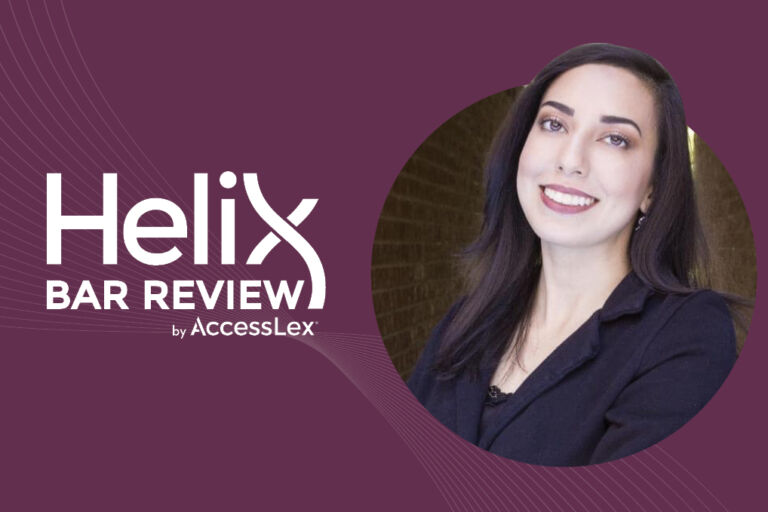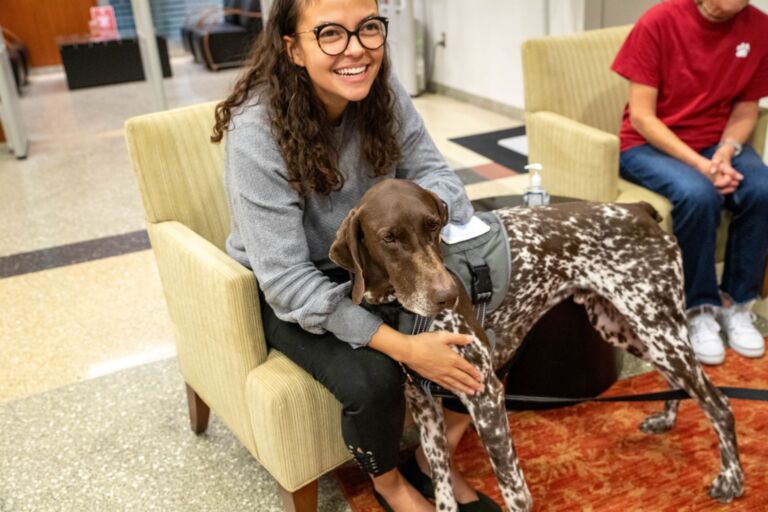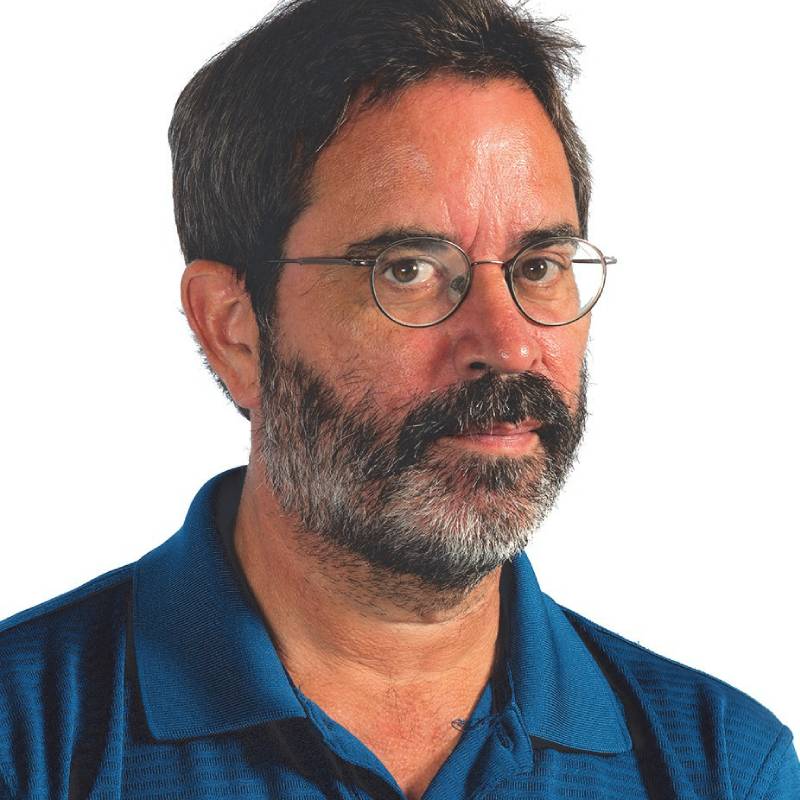Health care workers are our rock stars today …
But they don’t get paid like them …
Which is why Washburn Law Clinic faculty, staff, students, alumni, and other volunteer attorneys have launched the Washburn Hospital Employees Legal Preparedness Project (HELP) to provide legal preparedness services to support the many Topeka hospital employees who are risking exposure to COVID-19 in order to keep local hospitals operating.
HELP volunteers will draft living wills and durable powers of attorney for health care and finance for hospital employees who would otherwise be unable to afford attorneys. Some volunteer attorneys will also draft simple wills.
“The Washburn Law Clinic is launching our HELP Project to assist in providing peace of mind to hospital workers who are bravely facing the pandemic each day,” said Gillian Chadwick, director of the Washburn Law Clinic.
The Washburn Law Clinic is working with local bar associations to recruit volunteer attorneys, and with Topeka hospitals to identify hospital employees who need these documents.
The hospital employees will visit with their volunteer attorneys by phone or videoconference; execution of the documents can occur remotely, due to the Kansas governor’s recent executive order authorizing notarization by audio-video conferencing.
All services will be provided free of charge to the hospital employees.
It’s not the only law school helping these key workers.
A new pop-up clinic at the University of Kansas School of Law will offer free legal services to essential workers in health care settings as well.
Under the umbrella of the KU School of Law’s Medical-Legal Partnership (MLP), the Advance Care Planning Clinic will help workers complete vital legal documents. KU Law students, KU MLP licensed attorneys and pro bono private bar attorneys will work with clients remotely through the clinic.
The clinic will help with completing the following documents:
– General durable power of attorney for health care decisions
– Health care directive/living will
– General durable power of attorney for financial decisions
– Last will and testament (for low-income/low-asset estates)
The legal services are available to essential workers, including medical personnel, support staff in areas such as dining and facilities, and administrative staff. Applicants should be at 400% or less of the federal poverty level. Employees at KU Law’s MLP partner health systems, LMH Health and the KU Medical Center campus of The University of Kansas Health System, will receive priority.
Workers interested in receiving services from the clinic can fill out an online interest form to start their application.
Lumen Mulligan, a professor at the law school who serves as director of KU’s Medical-Legal Partnership, said the MLP project is part of a national movement that recognizes that often medical problems are caused by legal issues. With support from its partner health systems, the KU MLP has been “diagnosing or curing legal problems for patient clients for years,” he said.
“In the face of the COVID-19 emergency, we diagnosed another potential concern: Many of our front-line workers in the health care industry lacked these essential documents that could give them some peace of mind as they perform their essential services,” Mulligan said.
Coming soon after National Healthcare Decisions Day, which happens annually April 16, the clinic serves as a reminder and accessible opportunity for applicants to prepare important documents, said Juliann Morland DaVee, managing attorney for the KU MLP at Lawrence Memorial Hospital.
“I am extremely grateful for the partnerships we have with our health care systems and for all of the front-line health care teams that are tirelessly working to keep our communities healthy and strong,” Morland DaVee said. “I am pleased that this clinic provides the MLP a chance to give back.”
The law school started recruiting students to work with the clinic April 13 and began training those students the following week. The clinic started taking applications for service April 23. All of the clinic’s services will operate remotely, from training students and pro bono attorneys to conducting client interviews and document execution.
“Our MLP managing attorneys and KU Law student volunteers moved with all appropriate speed to construct a socially distanced means of providing this service,” Mulligan said.
In addition to providing legal services, the clinic offers hands-on learning experience for law students, said Heather Spielmaker, assistant dean for career services at KU Law.
“Through this program, law students will work on as many estate planning documents in just a few short weeks as a general practitioner might see in their first year. It’s a great experience for a great cause,” Spielmaker said.
More information about the Advance Care Planning Clinic, including how to apply for legal services, is available at law.ku.edu/advance-care-clinic.
For Washburn, hospital employees interested in obtaining these services should contact the Washburn Law Clinic at help@washburnlaw.edu or 785.670.1191. Washburn Law Clinic staff will conduct a brief phone interview to determine eligibility, then refer eligible callers to a volunteer attorney. To be eligible for the free services, people must be currently employed with or recently furloughed by Topeka hospitals and meet the clinic’s income guidelines.
Attorneys licensed in Kansas who are interested in partnering with the Washburn Law Clinic to help provide these important services during this time of crisis can contact Debi Schrock, managing director of the Washburn Law Clinic administration, at 785.670.1953 or debi.schrock@washburn.edu.







